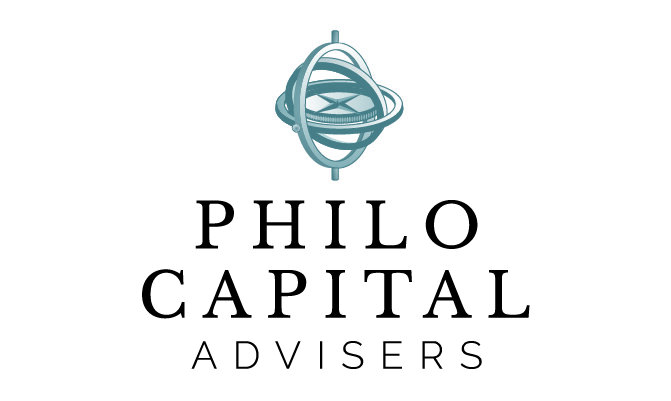The benefits of distance
Seven weeks into work from home for many and a new kind of operating rhythm is being achieved. As this “new normal" becomes second nature, we also get some distance on our conventional ways of working.
This distance can be valuable. Most readers would be familiar with the perspective on the normal daily routine that going on holidays brings. Issues come more easily into focus when mind and body are in a different place. In corporate life, off site meetings and study tours provide a similar function – allowing us to see things more clearly through the combination of distance and structured evaluation.
So, could the distance that work from home brings be an opportunity for constructive introspection? And what sort of questions or issues might a structured evaluation consider? Let’s consider some questions that a business manager might ask themselves:
Am I happy with how I am spending my time, personally and at work?
Am I doing what I enjoy and what has greatest meaning to me, or am I stuck doing things that I would prefer not to? Am I playing to my strengths? Am I doing what is best for the business? What could I change?
What is the essence of the value our business provides to clients, expressed as 3 or 4 key benefits?
What do I consider most important? Am I confident that my list is the same as that my colleagues would generate? Is the way we allocate resources and charge for service aligned with these benefits?
Is our value proposition clearly articulated and understood?
Do clients of our firm have a clear understanding of our value proposition and do they see it as aligning to their needs? Do the people working within the business identify with this focus and understand their role in service delivery?
Who are we trying to serve?
Are we clear on who our target clients are? Is this reflected in our client base? Have we properly understood this group? Are their needs changing? Do we need to update this position as our client base ages? Are our client acquisition strategies up to date?
What competencies should we always have within our firm vs those we can outsource?
Are we continuing to invest in our core competencies? Conversely, are we distracted by devoting time to issues that could be better managed by others?
Do I have appropriate policies and processes in place?
Are our key policies and processes documented? Are all the things we are doing reflective of our current strategy and goals? Are there things we should do more or less of?
If I am going to make changes, how will I manage that process and bring discipline to achieving the benefits of change?
How will I engage with my colleagues and obtain their input on what needs to be done? How will we bring people in the business along for the journey? How will we hold ourselves to account for making reasonable progress and achieving the benefits of change?
At Philo, we do a lot of work with advice firms that are addressing these types of issues, as part of designing a managed account service that will meet their needs. Our general observations on this would be:
Business principals are more considered about how they allocate their time than 5 years ago.
While most people are clear about their value proposition, they often struggle to articulate it in a powerful way that is impactful for clients.
Most firms are clear about target clients and many are taking active steps to align their actual client base with that target.
There is a quiet revolution underway on aligning competencies to value propositions and the question of insourcing vs outsourcing. The most telling manifestation we see is the growing investment in portfolio management skills and investment governance.
From a process management point of view, the aggregate industry investment in processes that are no longer optimal is enormous. i.e. Businesses have invested in making ineffective processes more efficient. This creates inertia. It’s important to review processes from a top down point of view regularly – should they even exist and what would better alternatives look like.
Management of change is an area where much work has been done, but more is required from all of us involved.
Those that have started the journey have conviction that they are on the right track and that their clients and businesses are benefiting.
Taking the time to reflect on how things can be improved during a period of enforced “distance” can be an enduring legacy of “work from home”. We wish you well in your reflections.
Have a good week.
Brett Sanders
